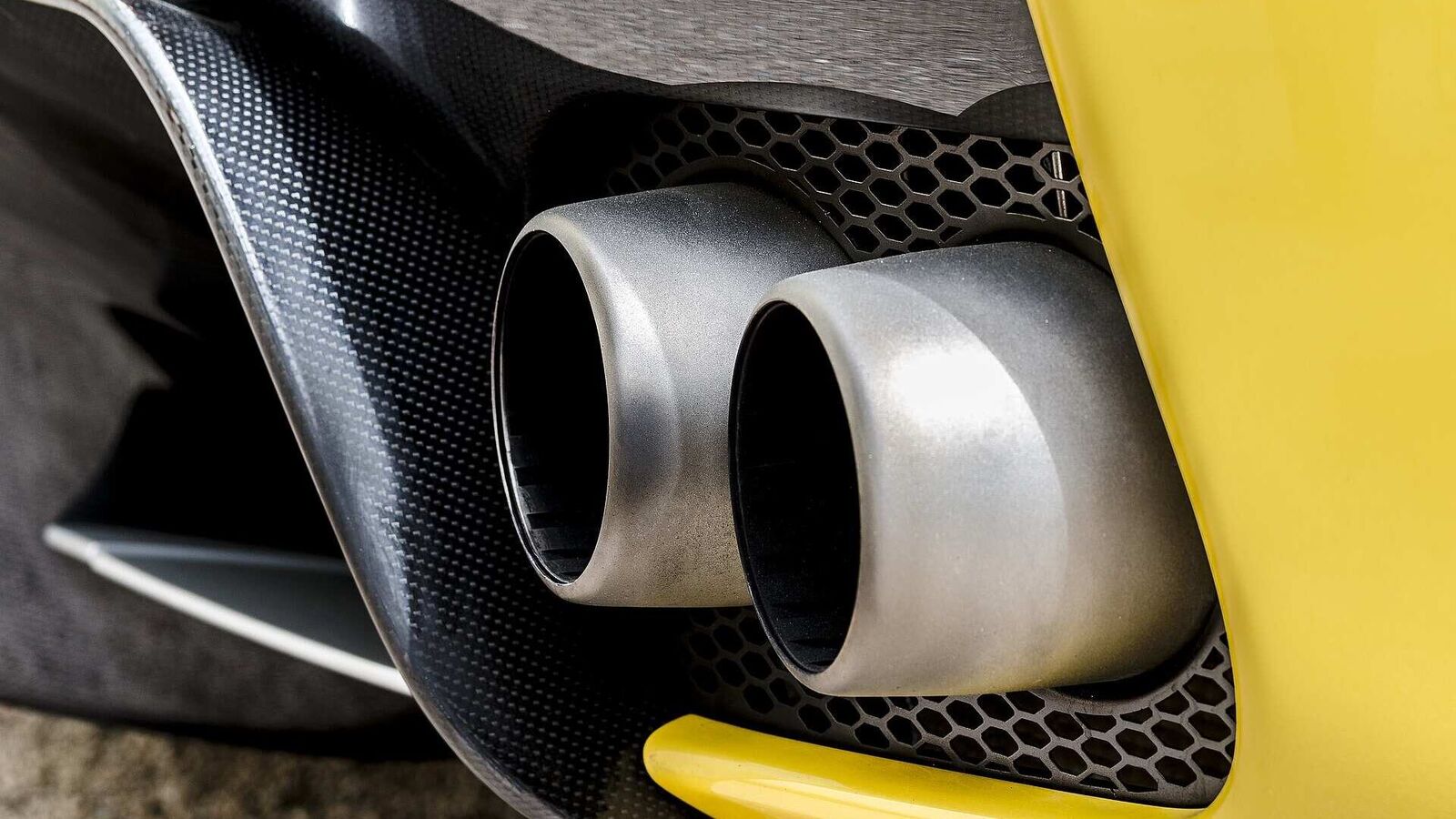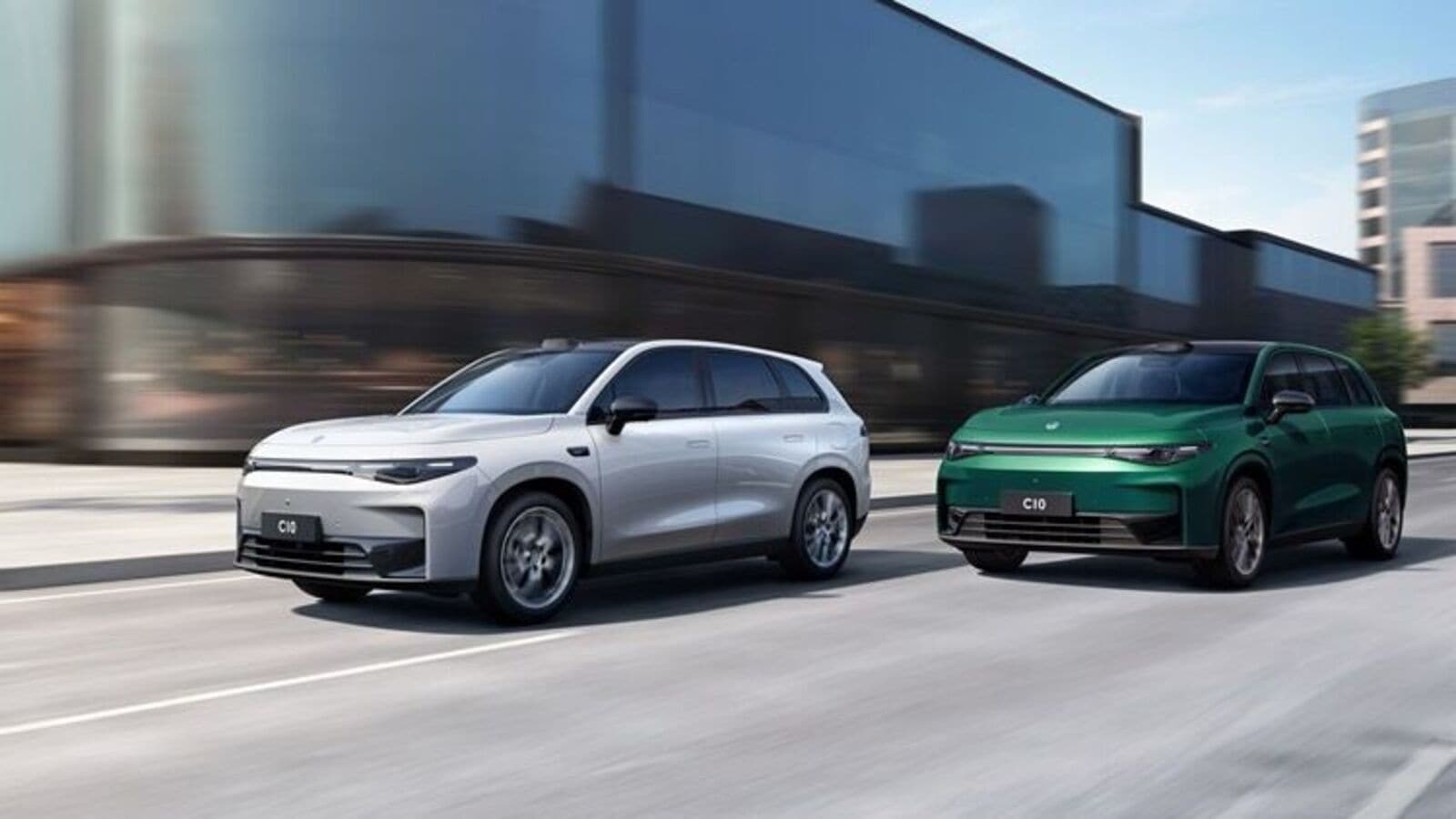In a psychological study, loud car enthusiasts are found to have ties to sadistic and psychopathic traits. Professor Julie Aitken Schermer from Wester
…
The cacophony of engine noise from roaring cars and motorcycles is a familiar urban symphony for many. Yet, amidst this sonic landscape, a curious question emerges: why do some individuals gravitate towards loud vehicles, while others prefer a quieter, more subdued ride? Recent research delves into the realm of psychology to uncover the underlying motivations behind preferences for noisy cars, revealing intriguing connections to personality traits such as sadism and psychopathy.
Julie Aitken Schermer, a professor at Western University in London, Ontario, was inspired to explore this phenomenon while walking her dog near the campus. Daily encounters with loud cars, pickup trucks, and motorcycles prompted her curiosity about the motivations behind such noise pollution.
Conducting her own study, Aitken Schermer surveyed 529 undergraduate business students, questioning their affinity for loud cars and their willingness to modify their vehicles for more noise. Participants also completed a Short Dark Tetrad (SD4) personality test, assessing traits associated with narcissism, sadism, psychopathy, and Machiavellianism.
Contrary to expectations, the study revealed a stronger correlation between sadism, psychopathy, and a preference for loud cars, rather than narcissism. Aitken Schermer attributed this association to a callous disregard for others’ reactions and the enjoyment derived from startling individuals.
Also Read : Traffic cameras in this US city can hear loud exhausts
However, the research has limitations, focusing solely on young business students from a single university and neglecting other noisy vehicles like motorcycles. Consequently, the findings may not be representative of broader demographics.
Despite its constraints, the study raises intriguing questions about the psychological underpinnings of automotive preferences. It prompts reflection on the intersection of personality traits and consumer behavior within the automotive industry.
As discussions around noise pollution and environmental sustainability intensify, understanding the motivations behind preferences for loud cars becomes increasingly relevant. It underscores the complex interplay between individual psychology, societal norms, and technological advancements in shaping consumer choices.
While the study provides valuable insights, further research incorporating diverse demographic groups and broader vehicle categories is necessary to validate and expand upon these findings. Ultimately, unravelling the psychology behind automotive preferences offers a nuanced perspective on human behaviour and its implications for the automotive landscape.
First Published Date: 05 May 2024, 17:00 PM IST





